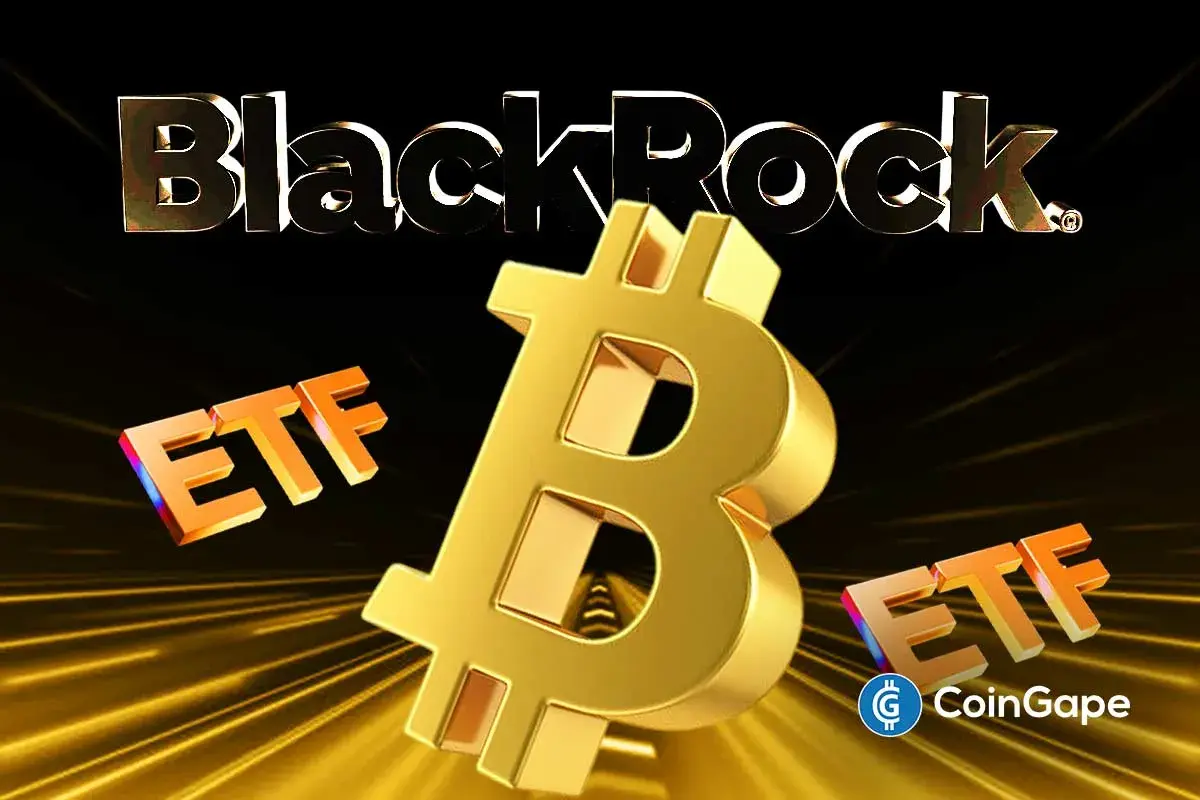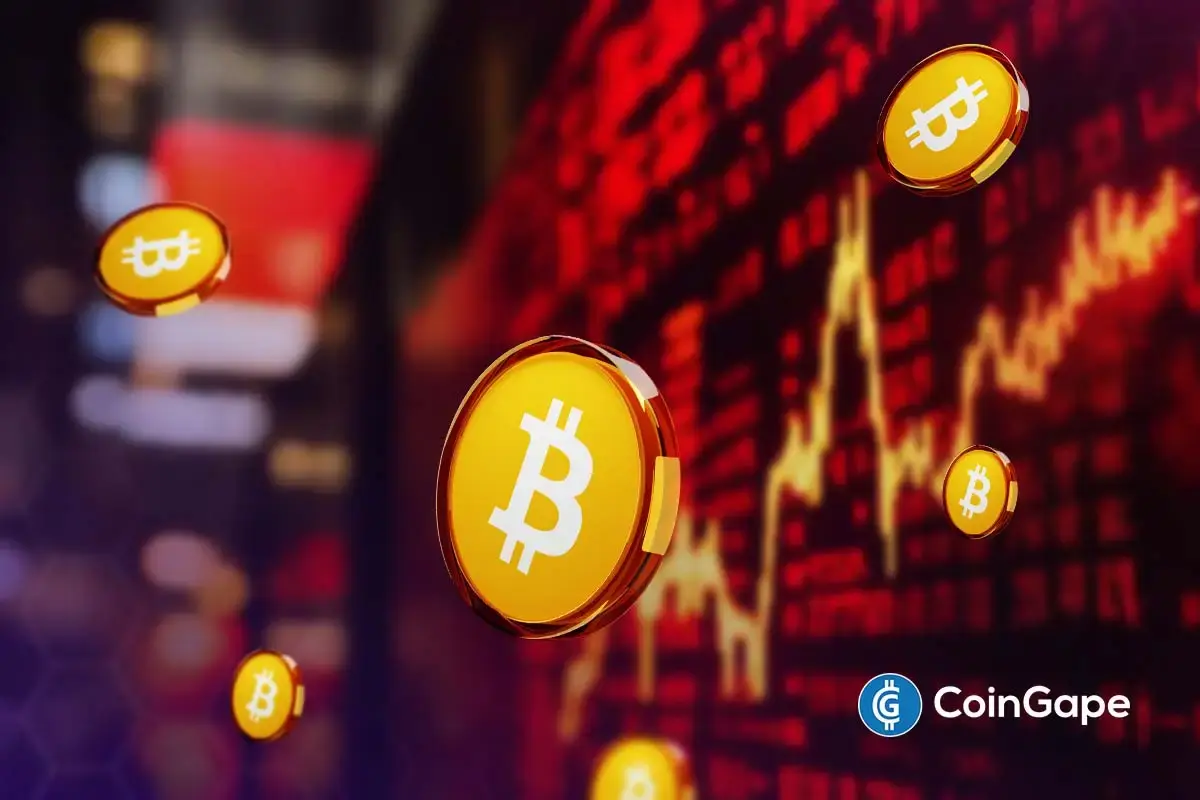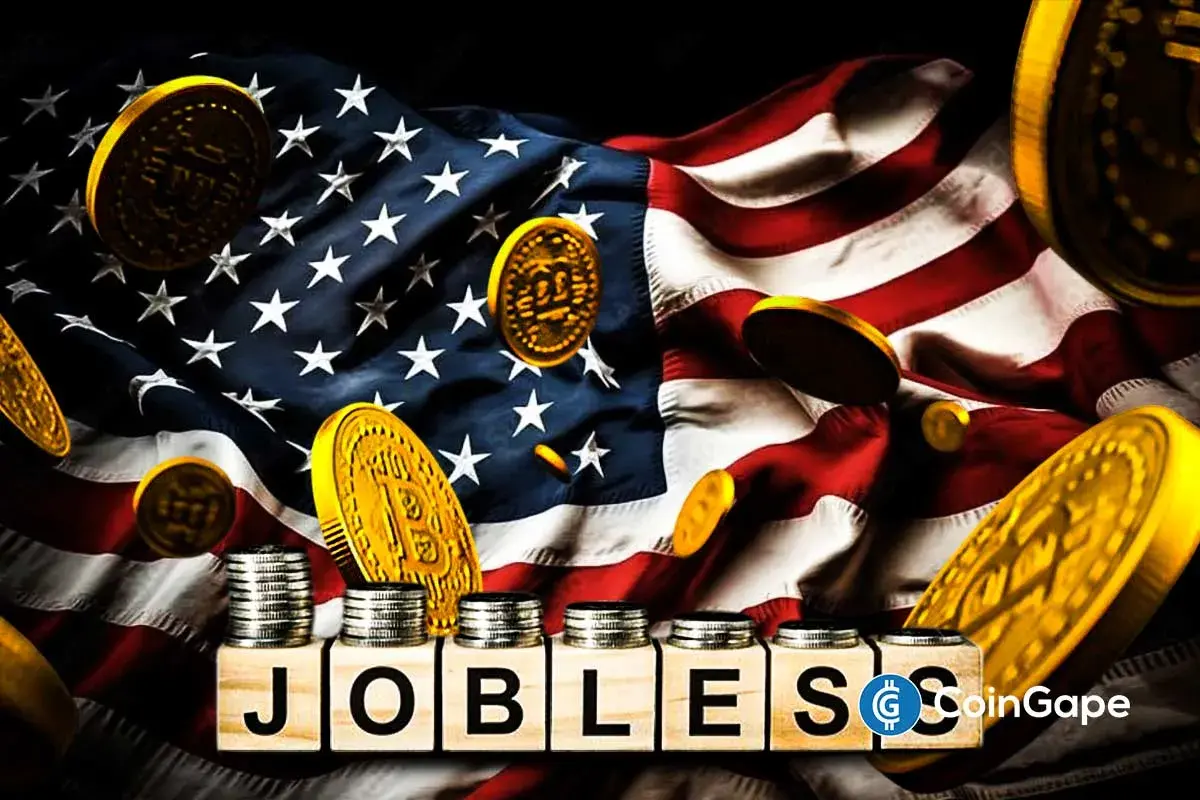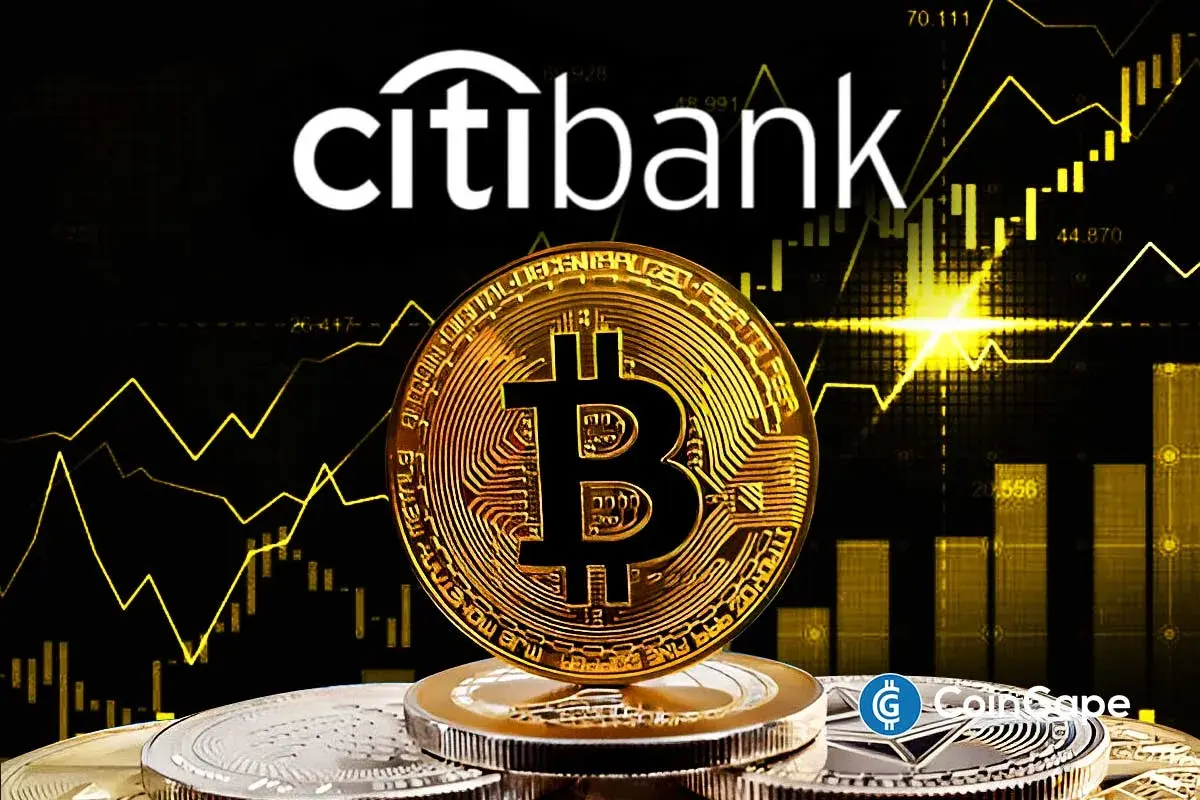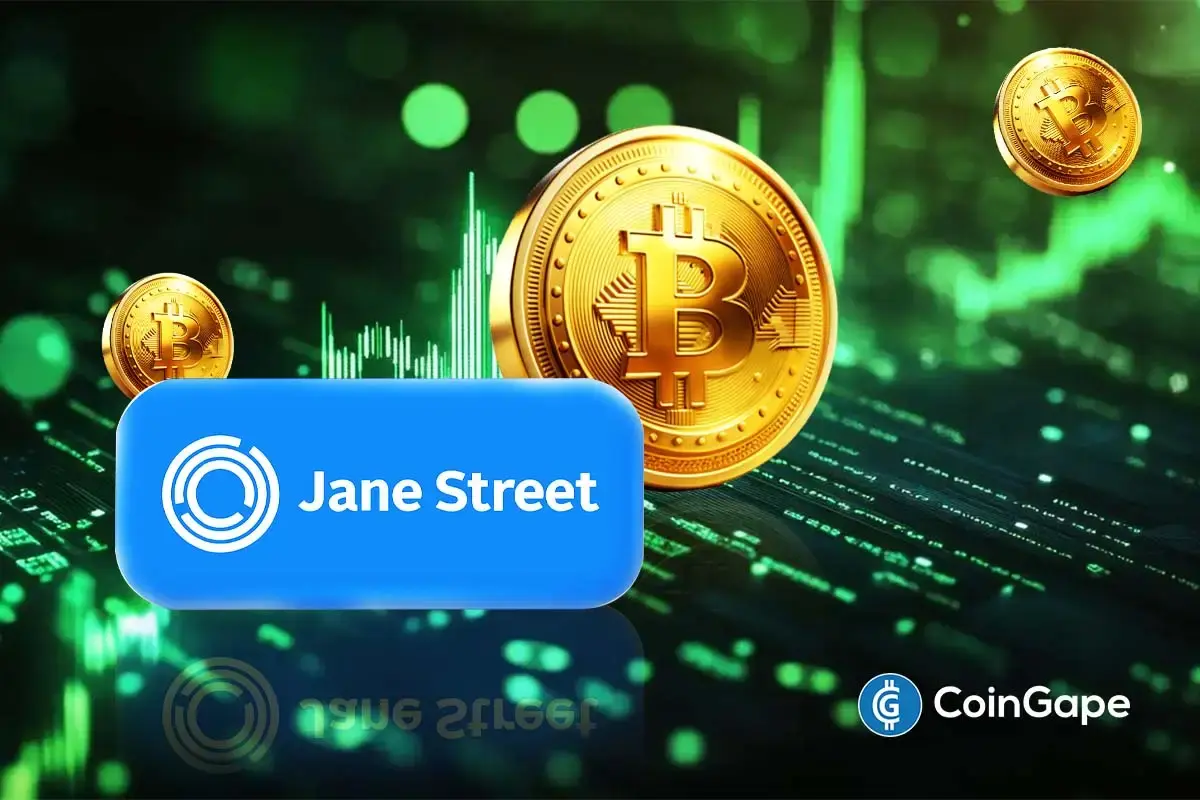Cardano’s Charles Hoskinson — “Community Notes Just Murdered The ECB”

Highlights
- Cardano founder Charles Hoskinson showed support for the X community's efforts in debunking the ECB's claims against Bitcoin.
- The X community weaponized the same Chainalysis report cited by the ECB.
- The ECB made serious claims against Bitcoin and expressed distrust in the recent ETF approval.
Cardano Founder Charles Hoskinson has extended his support behind the X community’s strong defense against the European Central Bank’s (ECB) persistent skepticism towards Bitcoin (BTC) The X community hit back at the ECB after it claimed that Bitcoin is too costly and has fallen victim to illicit transactions.
Cardano Founder & X Community Fight Back At ECB
Citing the details shared via the X community notes feature on the ECB’s post, Hoskinson remarked, “Community notes just murdered the ECB.” The X community’s rebuttal uses data from the same Chainalysis report that the ECB cited has led to a significant blow to its allegations against Bitcoin.
The community notes highlighted that the Chainalysis report mentioned only 0.34% of the transaction volume with cryptocurrencies in 2023 was attributable to criminal activity with Bitcoin’s share of illicit activity significantly lower at 25%. Moreover, the notes spotlighted that illicit transactions involving Euro (EUR) accounted for 1% of EU’s GDP in 2010, which was equivalent to €100 billion.
This defense comes at a crucial juncture, as the ECB’s skepticism persists despite recent positive developments in the U.S., such as the approval of Bitcoin ETFs by the Securities and Exchange Commission (SEC). The ECB cited the Chainalysis 2024 report and highlighted Bitcoin’s prevalence in money laundering.
Moreover, they highlighted that illicit addresses transferred $23.8 billion in crypto in 2022, a 68.% increase from the previous year. In addition, they noted that crypto exchanges accounted for laundering of nearly 50% of these funds despite their regulatory compliance.
Also Read: Reddit’s IPO Filing Reveals Investments in Bitcoin and Ethereum
What Allegations Did The ECB Throw At Bitcoin?
European regulators had expressed disbelief about Bitcoin, despite recent approval of ETFs in the country. In their latest report, the ECB reiterated its concerns, emphasizing Bitcoin’s shortcomings as a digital currency and investment despite the ETF approval.
This stance served as a blow to enthusiasts who hoped for a shift in perception with the Spot Bitcoin ETF launch. The ECB highlighted Bitcoin’s failure to have become a global decentralized digital currency and its vulnerability to fraud and manipulation. It also pointed out the crypto’s high costs, slow transaction speeds, and limited utility for legitimate transfers.
The ECB isn’t convinced by the recent approval of Bitcoin ETFs by the SEC, dismissing it as akin to “The Naked Emperor’s New Clothes.” Despite Bitcoin being granted legal tender status in El Salvador and receiving government backing, its adoption as a mainstream means of payment remains limited, the ECB report cited.
The regulators also noted that outside criminal activities on the darknet, Bitcoin transactions for legitimate purposes are rare. They added that even efforts to incentivize its use, such as offering free BTC to citizens, have failed to spark widespread adoption.
Also Read: Valkyrie Expands with Launch of Bitcoin Futures ETF BTFX
Play 10,000+ Casino Games at BC Game with Ease
- Instant Deposits And Withdrawals
- Crypto Casino And Sports Betting
- Exclusive Bonuses And Rewards

- Senator Elizabeth Warren Targets Trump-Affiliated World Liberty Financial Over Bank Charter Bid
- JPMorgan Projects Bullish Crypto Market in H2 Following CLARITY Act Approval
- Hong Kong Moves Closer to Crypto Tax Cuts Amid Stablecoin Regulatory Framework
- Popular Analyst Willy Woo Predicts Major Bitcoin Price Crash, Bear Market Bottom Timeline
- Vitalik Buterin Maps Out Quantum Risks as Ethereum Foundation Unveils ‘Strawmap’
- Top 2 Price Predictions Ethereum and Solana Ahead of March 1 Clarity Act Stablecoin Deadline
- Pi Network Price Prediction Ahead of Protocol Upgrades Deadline on March 1
- XRP Price Outlook As Jane Street Lawsuit Sparks Shift in Morning Sell-Off Trend
- Dogecoin, Cardano, and Chainlink Price Prediction As Crypto Market Rebounds
- Will Solana Price Rally to $100 If Bitcoin Reclaims $72K?
- XRP Price Eye $2 Rebound as On-Chain Data Signals Massive Whale Accumulation

 Buy $GGs
Buy $GGs






